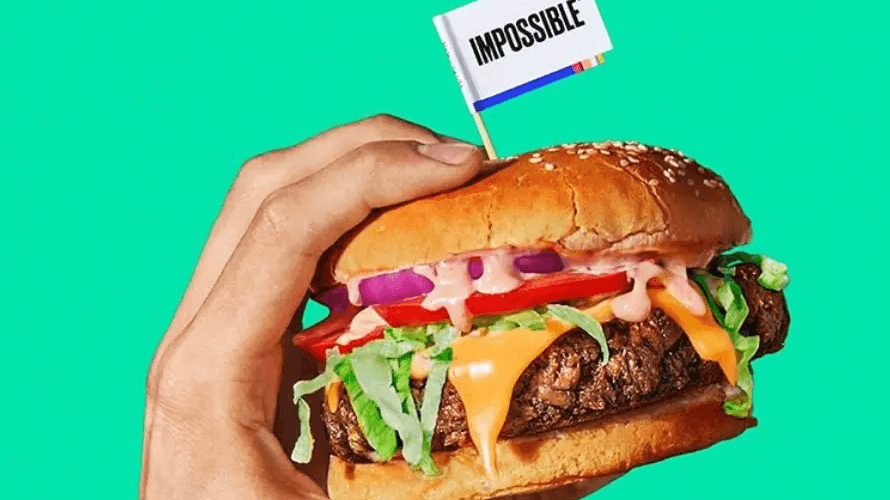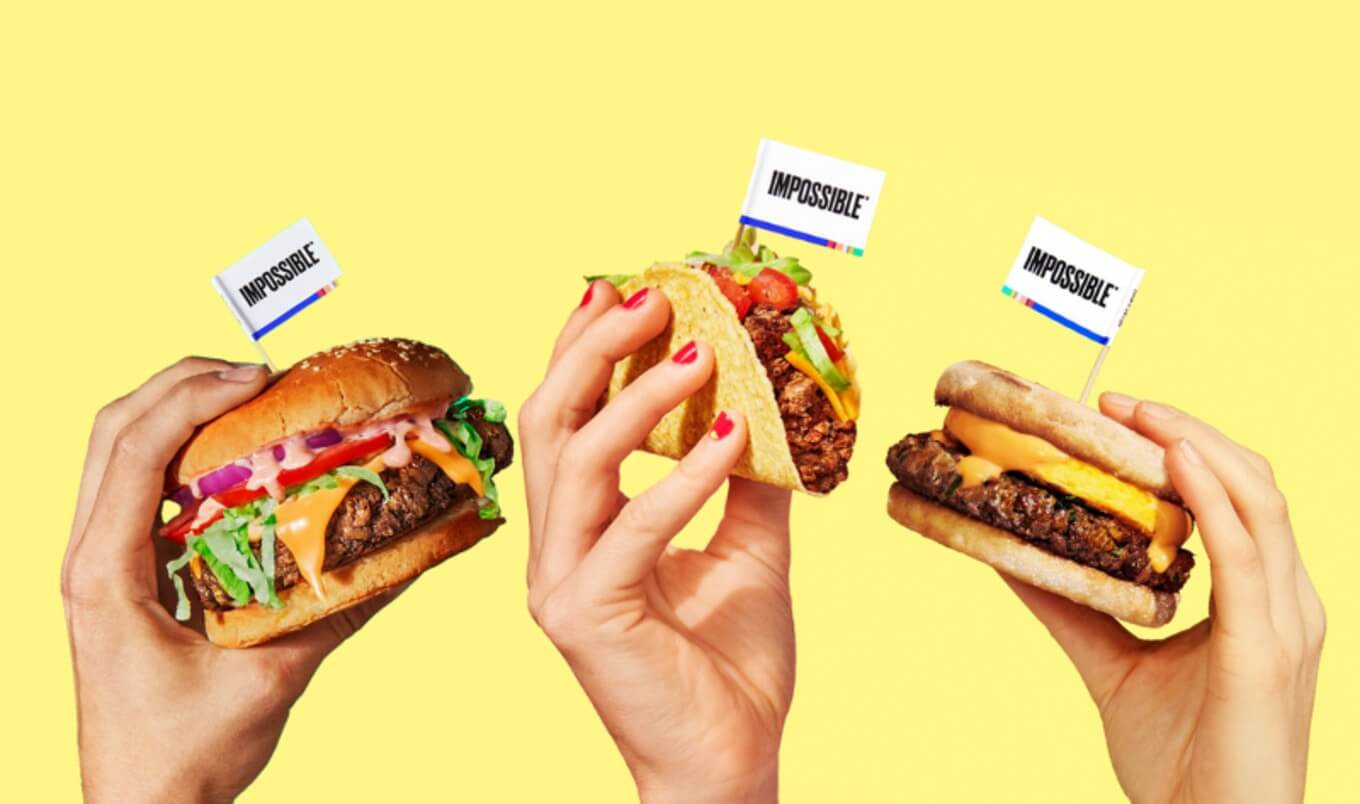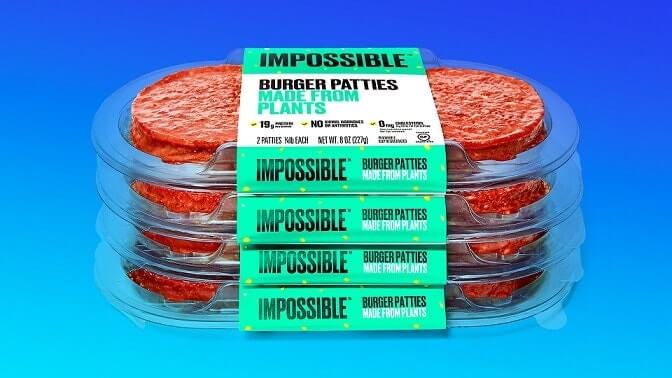
Trading
Impossible Foods
Making meat, dairy and fish from plants

INDUSTRY
Technology
STATUS
Trading
OPEN TO
Public
Investment Highlights
Company Overview
Reducing humanities impact
Impossible Foods began in 2011 with an ambitious goal: To drastically reduce humanity’s destructive impact on the global environment by completely replacing the use of animals as a food production technology.
They observe animal products at the molecular level and select specific proteins and nutrients from greens, seeds, and grains to recreate meats and dairy products, while still delivering the texture and aroma of conventional beef.
Production requires 75% less water & 95% less land
Today’s Impossible Burger requires approximately 75% less water and 95% less land, and generates about 87% lower greenhouse gas emissions than a conventional burger from cows.
Products are produced without using hormones or antibiotics and contain no cholesterol.
Impossible Foods is a cutting-edge FoodTech company based in Redwood City, California.

Restoring biodiversity
Their mission is to restore biodiversity and reduce the impact of climate change by transforming the global food system.
To do this, we make delicious, nutritious, affordable and sustainable meat, fish and dairy from plants.
Animal agriculture occupies nearly half of the world’s land, is responsible for 15% of global greenhouse gas emissions and consumes 25% of the world’s freshwater.
We make meat using a small fraction of land, water, and energy, so people can keep eating what they love.
Total Funding to date – US$1.6B (last round Series G)
Number of Employees 600
Headquarters Redwood City, California, USA
Markets USA, Canada, Hong Kong, Macau and Singapore
Products & Services

IMPOSSIBLE™ Burger
Smells, handles, cooks and tastes like ground beef from cows.
The Impossible Burger is sold across the United States, Hong Kong, Singapore and Macau at thousands of restaurants and grocery stores.
It contains as much bioavailable iron and protein as ground beef but with 0 mg cholesterol, 14 grams of total fat and 240 calories in a quarter-pound patty.
It contains no animal hormones or antibiotics and is kosher, halal and gluten-free certified.
Because it’s made from plants, it uses 96% less land, 87% less water with 89% fewer greenhouse gas emissions compared to conventional beef from cows.
Team
Tal Ronnen
Co-Founder and Board Member
Ask us a Question
Send us a message and we'll connect soon
Become a member
Become a member and elevate your experience with us!
Already have an account? Login
